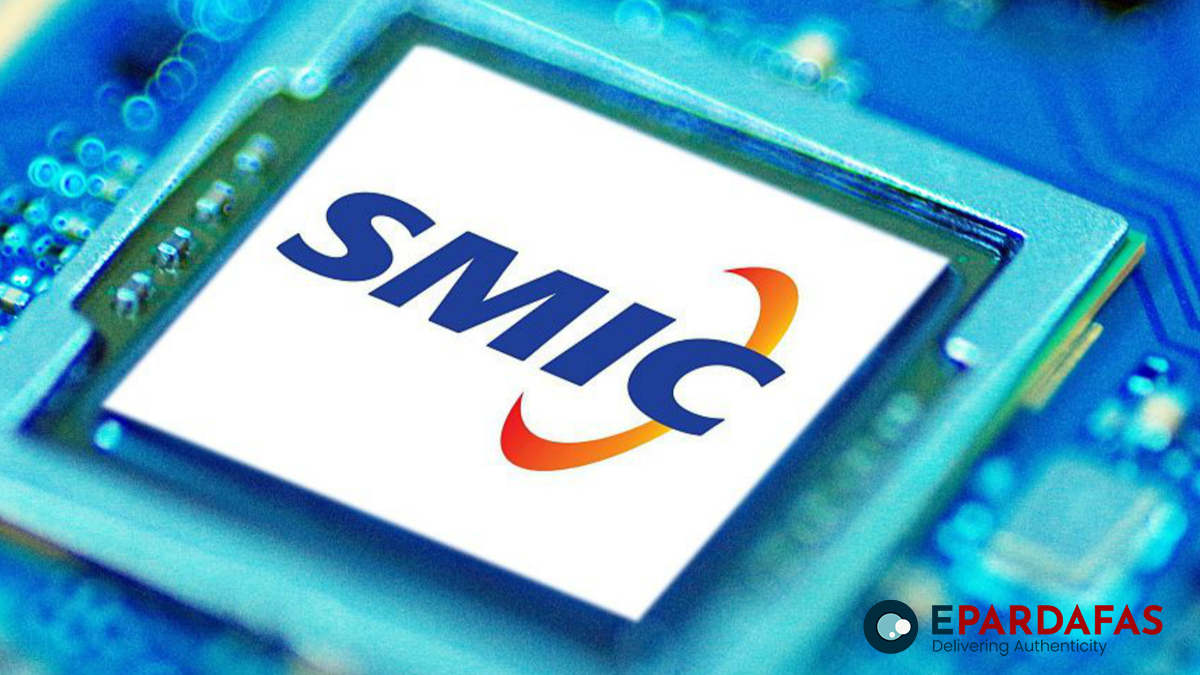
Chinese Chipmakers SMIC and CXMT Intensify Shift to Local Suppliers Amid U.S. Pressure

China’s leading chipmakers are intensifying efforts to localize their supply chains, aiming to reduce reliance on foreign inputs amid increasing U.S. pressure. Sources with direct knowledge of these initiatives revealed to Nikkei Asia that Semiconductor Manufacturing International Corp. (SMIC) and ChangXin Memory Technologies (CXMT) are aggressively pursuing domestic alternatives for key chip materials and chemicals.
SMIC, the country’s top contract chipmaker, has been urging its clients to help identify and approve local suppliers of wafers, chemicals, gases, and other essential materials. This initiative has gained momentum since last year, reflecting the company’s strategic response to being placed on the U.S. Entity List in late 2020.
Similarly, CXMT, a leading DRAM manufacturer in China, has launched a vigorous campaign to replace foreign suppliers, aligning with national policies that promote self-reliance in critical technologies.
The localization drive extends beyond substituting foreign chipmaking equipment, which was directly impacted by stricter U.S. regulations. It encompasses a wide range of chemicals, materials, and gases, potentially sidelining foreign suppliers. These materials are crucial to chip production, as any changes can affect production yield, the proportion of usable chips from a given number of wafers.
Industry executives noted that established chipmakers typically allow new chemical and material suppliers two chances to submit samples for verification. However, in China, local suppliers are now given almost unlimited opportunities due to the urgent need to reduce dependence on foreign inputs.
“There are subsidies not only for these materials and chemical makers. Chipmakers who use local suppliers can also get credits,” a source explained. “The biggest change from the U.S. constantly tightening export controls is there is a strong push to purge foreign suppliers if there are local alternatives.”
Despite maintaining ties with foreign suppliers to safeguard production quality, the incentives for local suppliers have significantly boosted their market position. For instance, National Silicon Industry Group is emerging as a formidable competitor to global leaders like ShinEtsu Chemical, Sumco, and Globalwafers.
China is also ramping up domestic production of key materials such as sputter targets, polishing pads, slurry, and ultra-purity chemicals and gases, previously dominated by foreign companies like 3M, DuPont, and Sumitomo Chemical. This initiative currently targets less advanced 55-nanometer and 40-nanometer chip production processes, with plans to eventually include 28-nanometer processes and beyond.
The drive to localize is also impacting foreign companies involved in various segments of the supply chain. Many providers of chip packaging and testing services have exited the Chinese market due to intense local competition. Since 2021, more than five such companies, including ASE Tech Holding, Qorvo, Powertech, Western Digital, and King Yuan Electronics, have sold majority stakes in their China operations.
“It’s cruel that once China manages to have local solutions, it immediately edges out foreign suppliers, especially now they take supply security into account,” said a chip packaging executive whose company sold its China plants.
Clark Tseng, senior director of market intelligence at SEMI, a chip industry trade body, indicated that Chinese suppliers have been offering lower to midrange chipmaking chemicals, materials, and gases to domestic chipmakers for years. Some of these suppliers are capable of serving global chipmakers in Asia. With the latest push, foreign players will likely face increased pressure.
“We’re seeing a push in China to use more local chip materials whenever possible,” Tseng said. “Going forward, foreign chip chemical or material makers will likely need to either deepen their partnerships with local players to maintain their market share or focus more on higher-end products for the Chinese market.”
SMIC declined to comment, and CXMT did not respond to Nikkei Asia’s request for comment.
- Health Insurance Now Covers Nearly Half of Gandaki Province’s Population
- Mercure Kathmandu Extends Financial Support to Cancer Care Nepal
- DRRMNC Urges Swift Action to Tackle Forest Fires and Accelerate Reconstruction Efforts
- Nepal Observes People’s Movement Day to Commemorate Restoration of Democracy












Comments